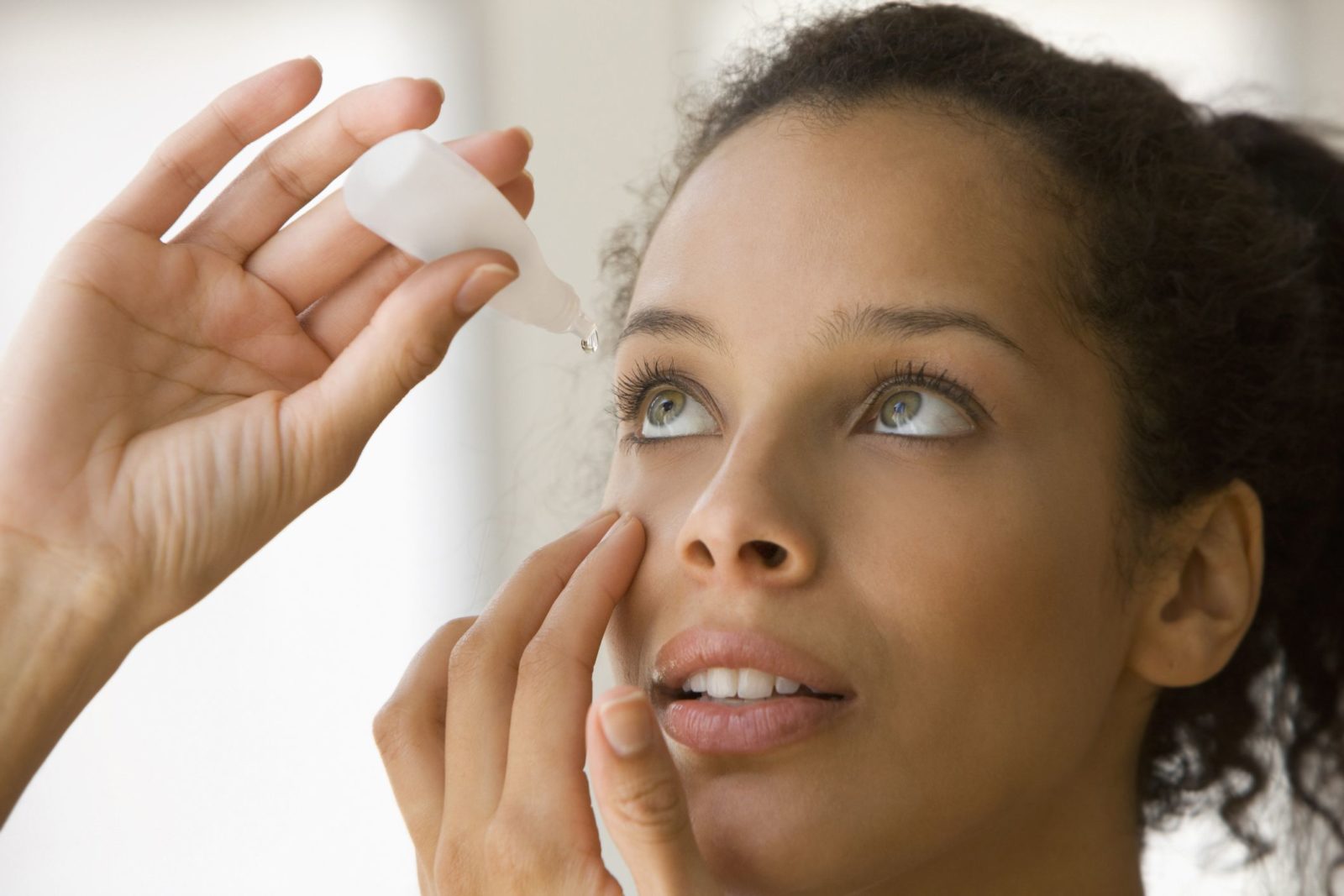Dry Eye Treatment in Virginia and Tennessee

Among the eye diseases we treat is dry eye syndrome, a chronic and underdiagnosed condition that can cause serious discomfort. At our acclaimed Dry Eye Center, led by Susan Keene, O.D., our team of specialists helps patients manage and resolve mild to severe cases of dry eye.
SCHEDULE AN APPOINTMENT WITH US TODAY!
What is Dry Eye Syndrome?
Dry eye is a common condition that is caused by insufficient production of tears, or tears that don’t do their job. Our tears are made up of a precise combination of water, mucus, and oils. If one of these ingredients is in short supply, then the eyes won’t be properly hydrated by the tears.
Dry eye can be caused by anything that disrupts the production or flow of the components of healthy tears, including meibomian gland disorder, blepharitis, other medical conditions, certain medications, or environmental factors that affect water, mucus, and oil production.
Dry eye is more common in adults over the age of fifty and in women, due to hormonal fluctuations. Lifestyle can also play a role; for example, when you drive, read, or sit at a computer for long periods of time, you blink less, which won’t spread tears onto your eyes to hydrate them. Spending a lot of time in windy or smokey places can cause dry eye too.
Symptoms of Dry Eye Syndrome
Dry eye syndrome is a complex condition that can have multiple causes and share common symptoms with allergies and other eye disorders, which is why it’s important to see an eye doctor who specializes in dry eye if you’re experiencing one or more of the following:
- Dry, irritated, or red eyes
- Sensitivity to light
- Excessive tearing or watering eyes
- Inflammation
- Sore or sensitive eyes
- Itching
- Burning
- A gritty or crusty feeling in the eyes
- Blurred vision
- Trouble wearing contact lenses
How is Dry Eye Treated?
When you come to Envision Eye Care for a dry eye evaluation, Dr. Keene and the team at our specialized Dry Eye Center will assess your eyes to find the cause of your discomfort and develop a personalized treatment plan based on your unique eyes and the severity of your case. We use the latest diagnostic equipment and tools to accurately pinpoint the cause and type of dry eye you may be experiencing. From there, we offer a variety of in-office treatments and at-home management options for dry eye, from scheduled warm compress use, to simple eye drops, to our advanced LipiFlow® treatment.
Depending on the cause of your dry eye symptoms, certain lifestyle changes — including altering your diet and hydration, or your exposure to wind, smoke, and electronic screens — can significantly lessen the impact of dry eye on your everyday life. At Envision, we’ll take the time to learn about your daily habits in order to provide you with the most effective recommendations to relieve your dry eye symptoms.
Dry Eye Relief in Virginia and Tennessee
Whether you’re suffering from occasional or debilitating dry eye symptoms, the dry eye experts at Envision Eye Care will provide you with the relief you need to get back to living your life comfortably and without the distraction of dry or watery eyes. Call our nearest office to schedule your appointment today!
SCHEDULE AN APPOINTMENT WITH US TODAY!
WHAT OUR PATIENTS ARE SAYING
“Super great staff! I had nothing together today when I went in, not to mention it was my first time in an eye care center and they were soooo good to me. I highly recommend them to anyone. I don’t know how anyone could have anything bad to say! Sweet sweet (and patient) ladies!”
– M.M.
– T.B.
– M.F.
– L.K.
– M.M.
– T.B.
– M.F.
– L.K.


